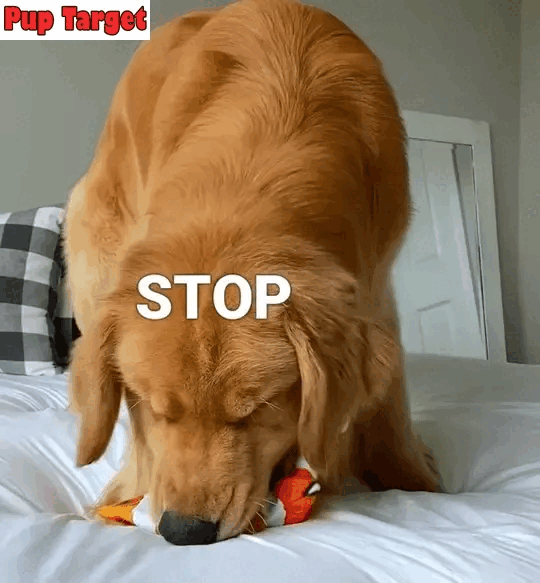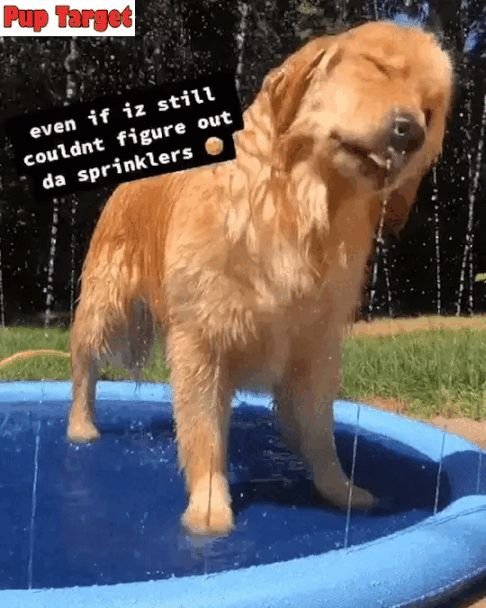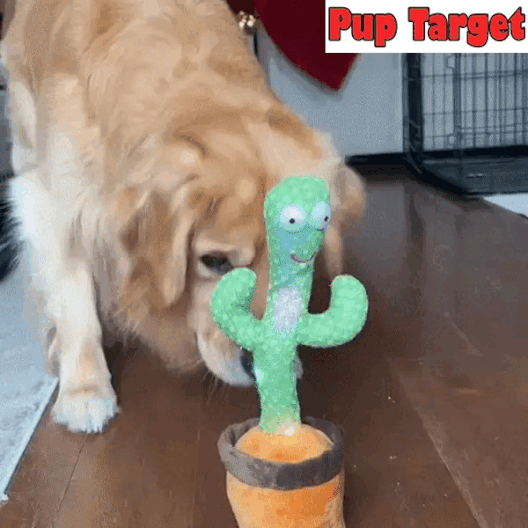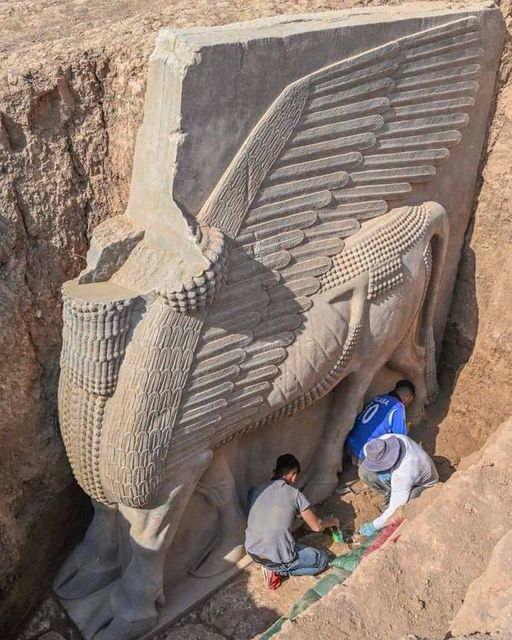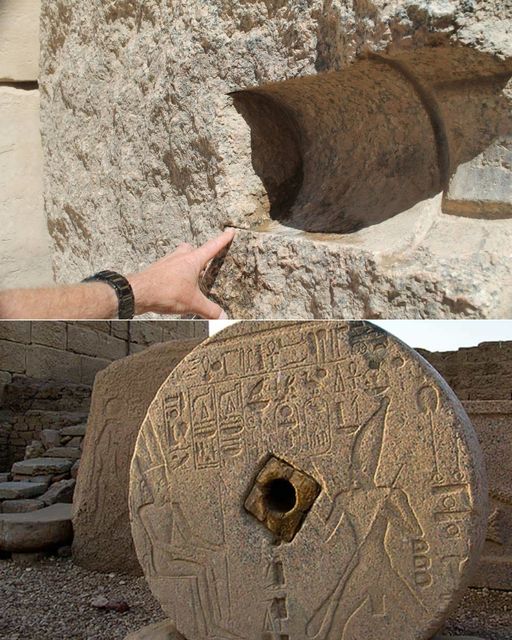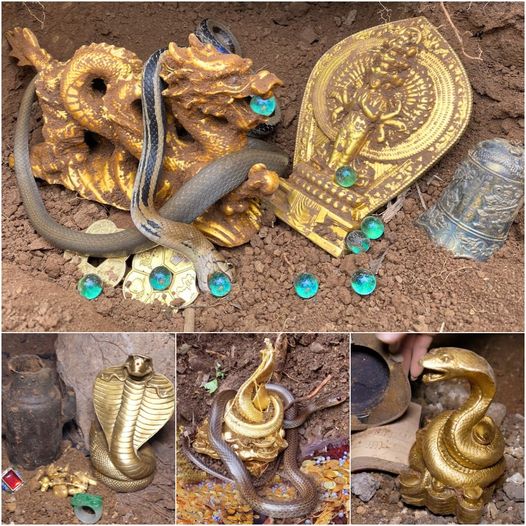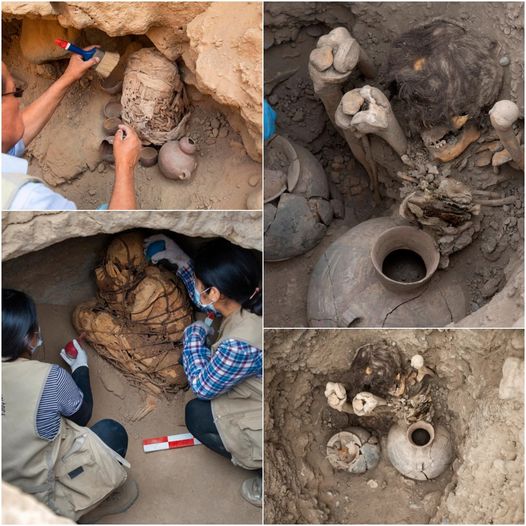As a cat lover, Aljaleel began noticing several cats roaming around a house that had been destroyed in the air raid. He feels it is his responsibility to take care of them.

Aljaleel with homeless cats in Syria.
Every morning, Mohammad Alaa Aljaleel drives to the butcher shop and buys $2.50 for meat and silver music. On good days, the shop owner will give Aljaleel a discount or even give him some free pieces of bone and meat.
Like everyone else living in this part of Aleppo, Syria, the butcher knows that Aljaleel doesn't buy meat for himself, but for 150 feral cats - most of which were abandoned after their owners fled. out of the city, or killed by bombs.
According to Newsweek, for many years since the civil war broke out in Syria in 2011, Aljaleel has been the caretaker of these cats.
Immediately after the crisis hit, Aljaleel - a former electrician - was able to bring his wife and three children to Turkey, where he could continue his job.
However, along with his family, he chose to stay behind to help those less fortunate than himself, which for Alijalelit's not just humans, but animals.
“I consider animals and humans alike, both can be hurt, and both deserve kindness,” he said.
As a cat lover, Aljaleel began noticing several cats roaming around a house that had been destroyed in the air raid. He feels it is his responsibility to take care of them.
And the number of cats also increased rapidly, from the original 5 cats to 10, then 20, and 150 today, because "cats always find places to eat."

He said he will always be with the cats "no matter what".
Thirty of these cats have been named, and children from other parts of the world have flocked to visit these homeless but friendly animals.
For Aljaleel, the fact that the children enjoy playing with the cats makes him extremely proud of what he is doing.
Many people believe that Aljaleel should spend his time and money helping people rather than animals. But the few individuals and organizations dedicated to caring for pets and other animals in conflict zones still believe their efforts are sound.
For them, helping animals is also helping people. Some families consider dogs and cats to be members of the household. There are Syrian refugees who have walked hundreds of miles with their dogs, or taken their pet cats across the border to Greece.
"The truth is people don't want to migrate without their pets," said Gerardo Huertas, executive director of the World Animal Welfare Program, a nonprofit that promotes animal welfare. know.
"When we question what people want to bring with them when they leave their homeland, dogs and cats are always at the top of the list."
However, many animals are still left behind, and when they do, they will face a slow death due to starvation, disease, trauma.
Huertas encountered that situation in 1989, during the conflict in Nicaragua. Many Nicaraguans have crossed the Costa Rican border, but the border is littered with mines.
Realizing this, many refugees tied cattle and horses to trees, seeking to cross the fields on their own. They believed they could return to bring their livestock, but in reality, they were starved.
When Huertas, a Costa Rican, learned of the above information, he felt compelled to do something despite the danger.
"I was young and stupid," he said. After that, he and a friend went to that area, praying to God that they wouldn't get hit by landmines and blow up their bodies. Very quickly, they found the starving animals, desperately trying to eat the bark where they were tethered.
Some animals died. Huertas and friends tied the surviving animals into a line, and began their perilous journey back to Costa Rica. Somehow, the two men and their livestock made it back to their destination without being hit by a single mine.
Huertas has begun working on animal relief work in conflict zones around the world. He cared for cattle suffering from tuberculosis in Kosovo, a month after the 1999 cease-fire, and spent time in Kabul, Afghanistan, saving animals that were starving in zoos and tending dismembered camels. bullet hit.
The farmers welcomed Huertas, seeing him and his colleagues as heroes. "People have no future without their animals," he said.
Huertas' work has another purpose, which is to prevent the dangers that once domesticated animals return to the wild can pose to humans.

A Syrian soldier is feeding a cat on the street
During the war in Kosovo, the wandering Shepherds quickly formed a pack and quickly became feral. “We can become aggressive if we are hungry,” says Huertas. "We have to round them up."
"Wild cats and dogs can also spread rabies - a difficult problem to deal with in Afghanistan, where about 1,000 people die each year from bites."
To fight rabies, Pen Farthing, founder and executive director of Nowzad, a non-profit that supports animals in Afghanistan, said the organization had to find a way to "trap" these wild animals, cure them. diseases, vaccinate them, then release them back into the wild.
Unfortunately, organizations like Nowzad or the Global Animal Welfare Foundation are just rare examples in conflict-torn areas. There are very few nonprofits operating in areas facing violence, because even rescuers themselves can be at risk.
Farthing, a former Marine, had to deal with landmines buried outside a dog and cat shelter (the target was Afghan army transport equipment), and not a non-profit driver. No profit has ever passed through an area bombed by the Taliban.
Soldiers stopped and pointed guns at Huertas and his colleagues in Kosovo, and began to discuss whether to shoot the foreigners.
Besides the danger, the logistics of animal rescue operations in such areas are also very difficult. Rescue workers must bring enough veterinary equipment and food to rebuild local rescue facilities, not to mention quirky equipment such as dart guns to catch ferocious dogs, or equipment. euthanasia for slaughterhouses.
"Just putting those things on an airplane is a big deal," Huertas said. "Ammunitions and drugs are the top prohibited things on planes."
Nowzad often tries to do the more difficult task of sending dogs and cats from the Middle East to America or Europe.
When Farthing was stationed in Afghanistan, he stopped a dogfight that some policemen there initiated. To his surprise, a dog decided to follow him. The town where the incident took place was called Nowzad, a name that was later named for his new pet and future charity.
When he left the country in 2007, he brought Nowzad back to England. However, it is not an easy job. The dog needs to be vaccinated, taken to an experienced veterinarian, to meet the health requirements of the new country.

Pen Farthing with the dogs. (Source: dailymail.co.uk)
Farthing needed to find a facility where the animal could stay during the quarantine period before being vaccinated against the disease. The dog will be flown on a commercial or cargo plane, and Farthing has to work through the paperwork to get permission to bring the animal from Afghanistan to the UK.
Cases like Farthing's are not uncommon. Many soldiers when stationed in foreign countries often bypass the regulations in the army to adopt domestic animals, then at the end of their term, they don't want to leave them, but they can't turn around. managed to get the pet back to his home country safely.
To date, Nowzad has reunited 800 soldiers who fought in Afghanistan with their pets, and another 40 with pets from Iraq.
War Dogs Looking for Home - the name of a Chicago charity that trains rescue dogs to pair them up with veterans suffering from post-traumatic stress disorder, which has helped transport 6 dogs Nowzad's dog arrives in the US.
These animals are a lucky few. Most of them have the same sad fate as J-bad, a badly wounded Afghan dog that the rescue team found in 2011.
That year, Dan Tatsch, a Nowzad volunteer from Dallas, and an American veteran, was on his way to Kabul airport to fly home when he received a call.
A woman spotted a lame dog dragging on its front legs on the Jalalabad highway.
Tatsch, Farthing and members of the rescue team quickly turned around and found the dog. "It was a beautiful herding dog, weighing up to 45kg when healthy, but being extremely sad," Tatsch recalls.
The team picked up the dog, and named it J-bad, after the street where it was found. But saving his life, they understood, was very difficult, because the wound was so severe.
Back at Nowzad's headquarters, all they could do for J-bad was one last meal and a euthanasia to put an end to all of his suffering.
Going back to the cats of Aleppo, their future is very uncertain, like Aljaleel's. "Every day, when I leave the house, I understand that I may never come back," he said. "In Syria, things always go from bad to worse."
However, despite the escalating violence, he has no intention of leaving or giving up his cats. Instead, like Farthing is doing in Afghanistan, he has aspirations to set up a hospital or rescue facility for dogs and cats.
"I know that other countries have more animal rescuers, here we don't even have good doctors, let alone veterinarians," he said.
"Even though there are no animal shelters in Syria right now, I still dream of building one."


